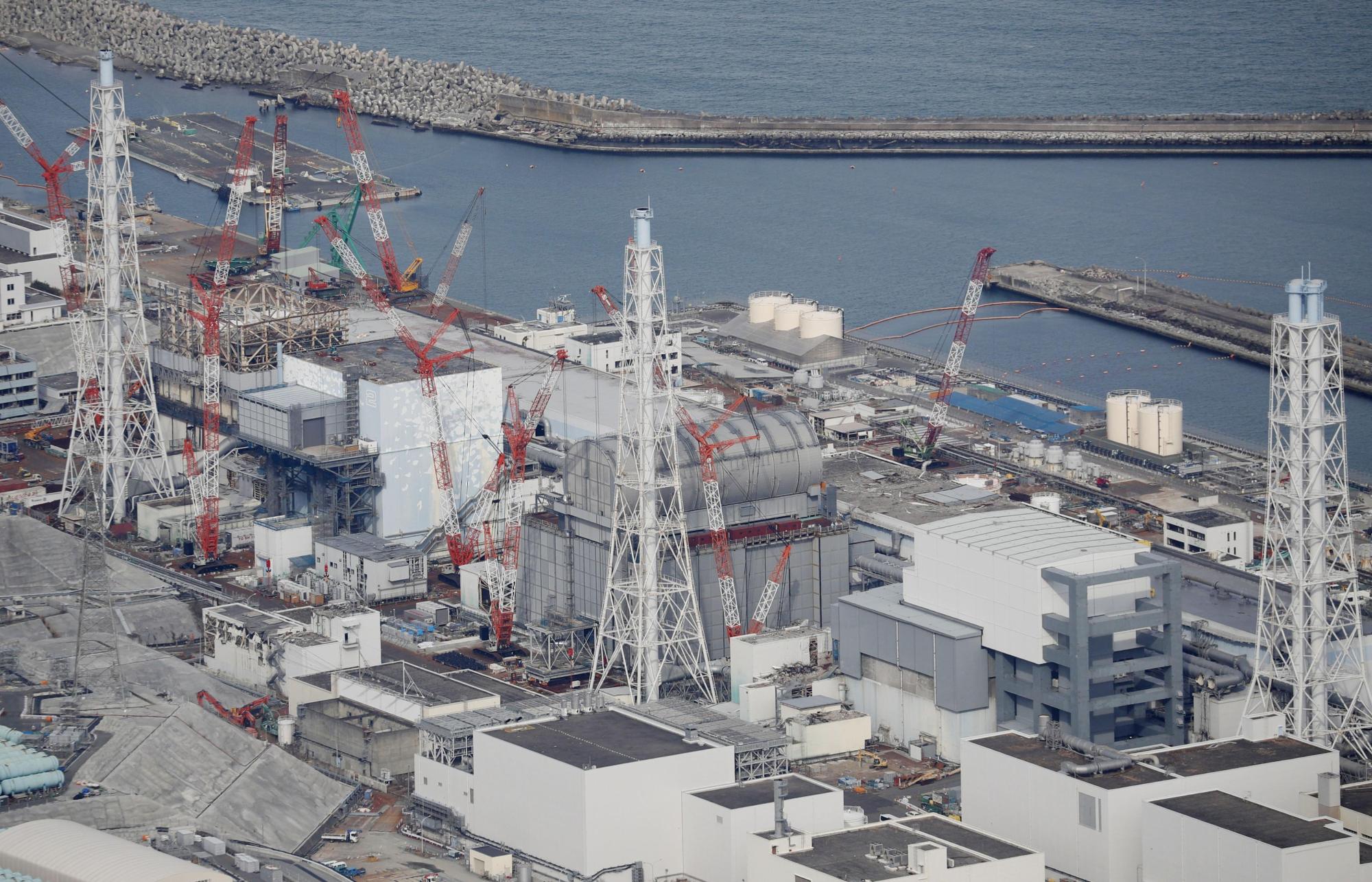UNAIR NEWS – The plan of the Japanese government to dispose its nuclear waste into the sea has caused controversy and received a lot of criticism, especially from its neighboring countries. It is believed that it would damage and pollute the environment and also marine life.
Dr. Eng. Intan Nurul Rizki, S.Si., M.T., a lecturer at Faculty of Advanced Technology and Multidiscipline(FTMM) Universitas Airlangga (UNAIR) on Friday, April 30, said that nuclear waste contains many radioactive substances, such as tritium, iodine, selenium, carbon -14. These substances can cause quite serious impacts and dangers for living things.
“The impact caused by radioactive substances is accumulative. It will be seen after 5, 10, even 20 years to come. Accumulation occurs in marine life that is connected in the food chain. Then, it is consumed by humans. The result could trigger cancer, fetal disorders, physical defects, organ defects, reduced human age, DNA mutations in microorganisms, damage to human cell DNA, and many others,” she explained.
Before being disposed into the sea, Japan’s nuclear waste has gone through a process called the Advanced Liquid Processing System (ALPS). Through this process, most of the radioactive substances contained are lost. The radioactive substance that remains in the waste is, for example, tritium.
“When I studied in Japan, one of the laboratories conducted research, developed an adsorbent material to absorb radioactive liquid waste. As a result, the material has an efficiency of 90-99% in removing the radioactive substance. So, the remaining radioactive content in liquid waste is close to 0. So, it will be very safe if the waste is disposed of into the environment, “explained Intan.
Tokyo Electric Power Company (TEPCO) said tritium and radioactive materials including carbon-14 would go through secondary processing, so they would be reduced as much as possible. Meanwhile, according to the Sheffied University of England, tritium which has been released into the sea by other countries has a low impact on organisms.
“Tritium is very likely to degrade naturally because radioactive substances have lifespan. The problem is that the lifespan is 12 years. “If we wait for tritium to degrade naturally, it will take a very long time,” she explained.
She added that tritium must be processed first before being disposed into the sea. This tritium processing regulation has been listed in the International Atomic Energy Agency (IAEA). The regulations also contain limits for tritium and carbon-14 that can enter the human body.
According to her, to calm the controversy, Japan should first discuss with China and other countries that have nuclear power plants, to equalize perceptions in processing and find the most efficient way to manage nuclear waste. So it reduces the possibility of environmental damage and pollution. (*)
Author: Alysa Intan Santika
Editor: Nuri Hermawan





